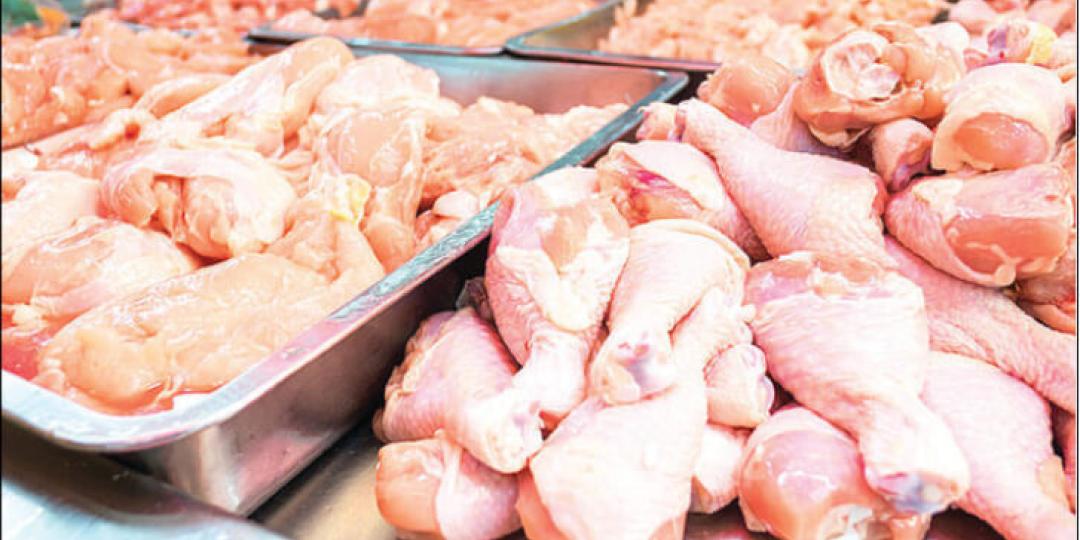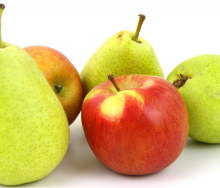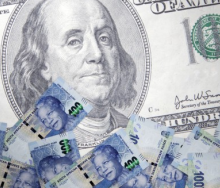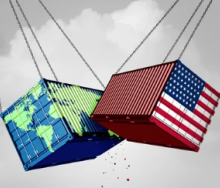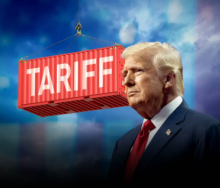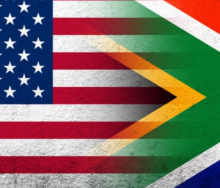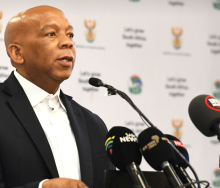As potato producers welcome the implementation by government of anti-dumping duties on imported potato chips, the poultry industry believes Minister of Trade, Industry and Competition Ebrahim Patel is guilty of double standards.
South African poultry producers are hoping that the government will view them as favourably as potato producers.
Advocacy group FairPlay points out that anti-dumping duties on chicken imports from Brazil and four European Union countries were approved last August, but the government decided not to implement them for 12 months. Patel said the decision was based on fears that higher duties would contribute to food price inflation.
“Patel had no such concerns this month when he approved the anti-dumping duties on potato chips from Germany, Belgium and the Netherlands,” FairPlay says.
In a parliamentary debate, MPs questioned the apparent contradiction in Patel’s decisions on poultry and potatoes. He replied that the government had to balance the interests of food producers and consumers, as well as the country’s “enormous” unemployment challenge.
“Eleven million South Africans need jobs and we’ve got to be able to do everything possible to retain those jobs. Tariffs play a role in protecting those jobs,” Patel said.
He gave no assurance that the anti-dumping duties would, in fact, be implemented this August at the end of the 12-month suspension.
“Jobs are at stake in South Africa’s substantial poultry operations. Poultry is a R59-billion strategic national industry, the second-largest component of the agricultural sector and a significant employer in all provinces. Its operations range from large integrated poultry producers to thousands of small-scale chicken farmers who supply mainly to informal markets,” says FairPlay.
The Bureau for Food and Agricultural Policy says the industry has consistently provided affordable protein to South African consumers, and that its market share has grown to 66% of the country’s meat consumption.
“So, chicken is a big job creator, it feeds the nation and is essential for national food security. Should be an easy decision for Minister Patel.”
